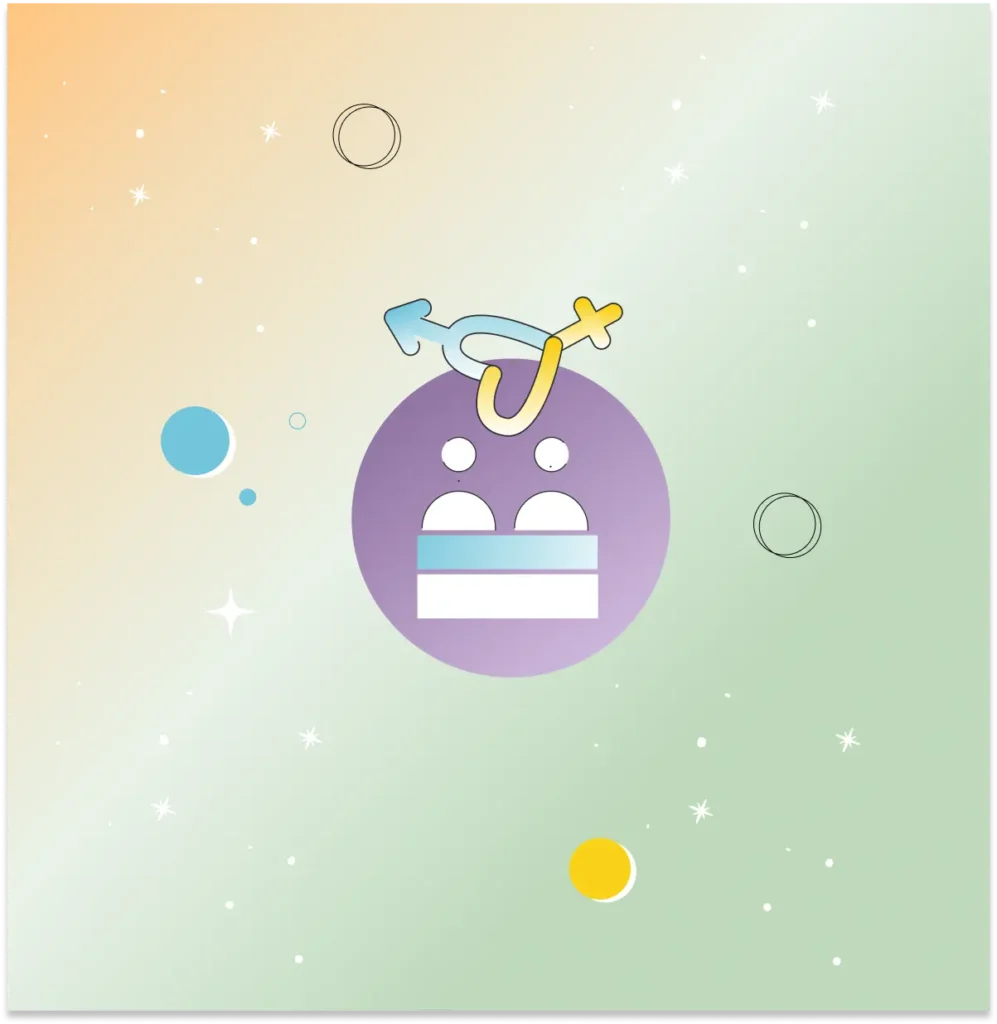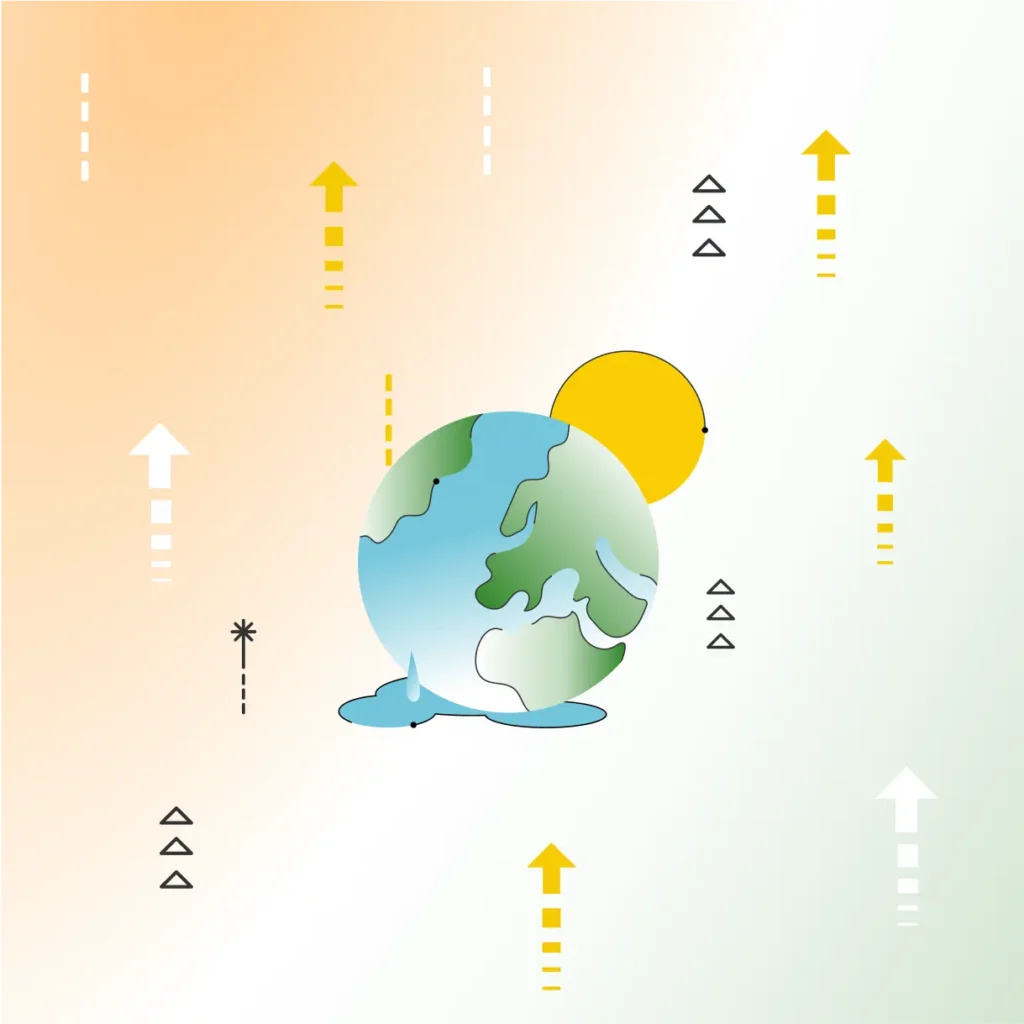Remembering COVID: Time and Memory in the After
A few weeks ago, the BBC published an article discussing a study that claims the mental-health crisis resulting from the pandemic was ‘minimal’. In the hours that followed the BBC’s posting on Twitter, users began quote-tweeting it alongside the most troubling experiences they underwent during lockdowns, ridiculing the idea that these findings might be based in some truth. The tweet now stands with over 45,000 quote-tweets, carrying an ‘added context’ addendum flagging the fact that the study in question was not based on populations that were likely to have been adversely affected by the pandemic. “The review did not look at lower-income countries, or specifically focus on children, young people and those with existing problems, the groups most likely affected”, states the BBC reporter in the article. “Usually this kind of revisionism takes longer” observes one user in the thread of responses to the BBC, pointing out that it hasn’t been that long since we were isolated from one another, both witnessing and experiencing incredible forms of loss. With our rapid return to normalcy, are our memories of the pandemic changing shape?











